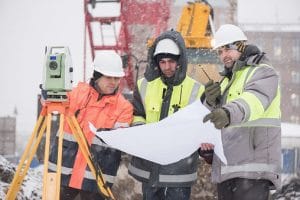Published on May 29, 2018 at 6:45 pm in
Posts.
 In 2016, around 60 percent of nonfatal workplace injuries were the result of common, everyday mistakes. Since these are largely preventable issues, CPI Security worked to create a list of the eight most frequent injury types and their causes to enable employers to make adjustments to employee safety.
In 2016, around 60 percent of nonfatal workplace injuries were the result of common, everyday mistakes. Since these are largely preventable issues, CPI Security worked to create a list of the eight most frequent injury types and their causes to enable employers to make adjustments to employee safety.
Madison.com reports that the data used originated with the Bureau of Labor Statistics and reviewed nonfatal injuries that caused days off work. The data did not include the self-employed, workers on small farms (10 or fewer people), private household workers, volunteers, or federal government workers.
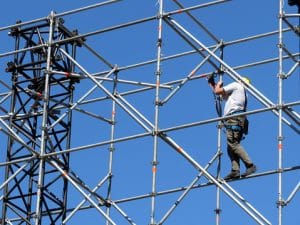 Any building boom, like the one Northern Illinois currently is experiencing, can lead to a shortage of skilled construction workers – which in turn can often lead to more construction accidents.
Any building boom, like the one Northern Illinois currently is experiencing, can lead to a shortage of skilled construction workers – which in turn can often lead to more construction accidents.
 Slip and fall accidents at work happen far too frequently. In fact, they are the
Slip and fall accidents at work happen far too frequently. In fact, they are the 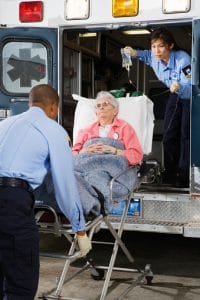 Returning to the workplace after a back injury is a dangerous venture. During recovery, workers are more likely to injure themselves again or make the original injury worse. As such, it is vitally important that workers avoid returning too early and know how to perform their duties safely once they can do so.
Returning to the workplace after a back injury is a dangerous venture. During recovery, workers are more likely to injure themselves again or make the original injury worse. As such, it is vitally important that workers avoid returning too early and know how to perform their duties safely once they can do so.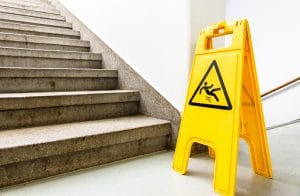 The big question, then, is what steps employers can take to identify and address hazards on walking and working surfaces. It is important for employers to know their options to keep employees safe.
The big question, then, is what steps employers can take to identify and address hazards on walking and working surfaces. It is important for employers to know their options to keep employees safe. Mobile technology has become the norm in our daily lives. Hands-free systems that enable us to speak to our cars, wireless headsets for our phones, and even apps that allow us to control the lights and thermostats in our homes while away have all helped to make our lives more connected.
Mobile technology has become the norm in our daily lives. Hands-free systems that enable us to speak to our cars, wireless headsets for our phones, and even apps that allow us to control the lights and thermostats in our homes while away have all helped to make our lives more connected. The opioid epidemic tearing through our nation is damaging families and communities and costing governments billions of dollars. Many approaches are being sought to curb the epidemic and recoup expenses spent on treating it. Last month, for instance,
The opioid epidemic tearing through our nation is damaging families and communities and costing governments billions of dollars. Many approaches are being sought to curb the epidemic and recoup expenses spent on treating it. Last month, for instance,  In 2016, around 60 percent of nonfatal workplace injuries were the result of common, everyday mistakes. Since these are largely preventable issues, CPI Security worked to create a list of the eight most frequent injury types and their causes to enable employers to make adjustments to employee safety.
In 2016, around 60 percent of nonfatal workplace injuries were the result of common, everyday mistakes. Since these are largely preventable issues, CPI Security worked to create a list of the eight most frequent injury types and their causes to enable employers to make adjustments to employee safety. Everyone experiences fatigue from time to time. For some people, it becomes a part of their everyday life. Whether they realize it or not, they are putting themselves and the people around them at risk.
Everyone experiences fatigue from time to time. For some people, it becomes a part of their everyday life. Whether they realize it or not, they are putting themselves and the people around them at risk.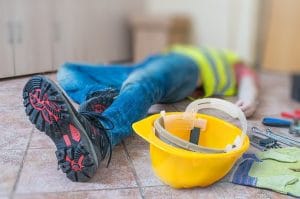 The Center for Construction Research and Training has organized data from the NIOSH Fatality Assessment and Control Evaluation program to create a searchable database of construction fatalities. Using this database, they were able to identify trends in construction fatalities from 1982 to 2015.
The Center for Construction Research and Training has organized data from the NIOSH Fatality Assessment and Control Evaluation program to create a searchable database of construction fatalities. Using this database, they were able to identify trends in construction fatalities from 1982 to 2015.